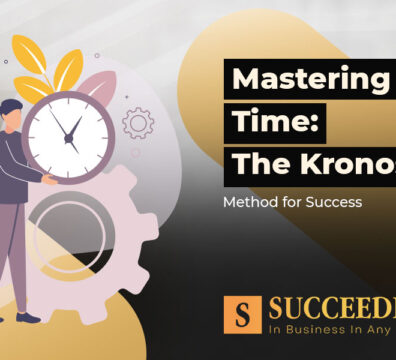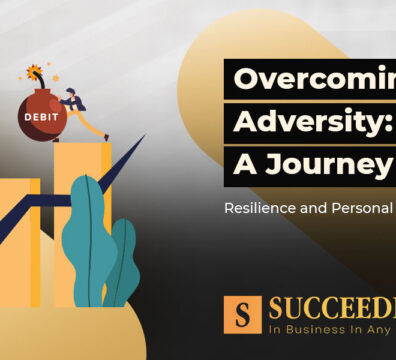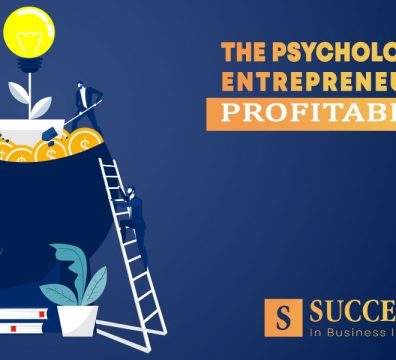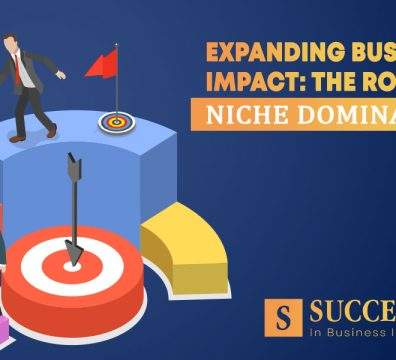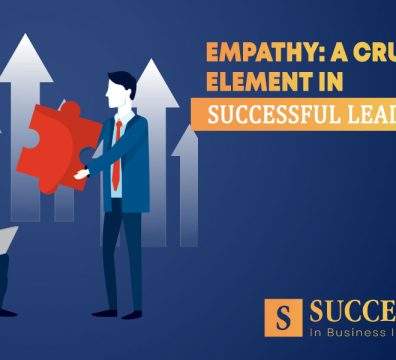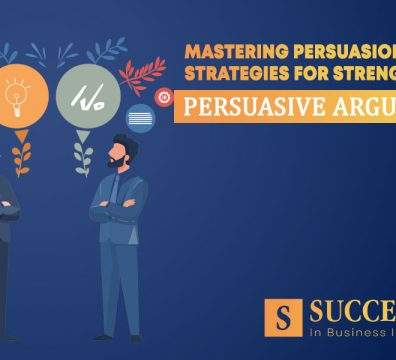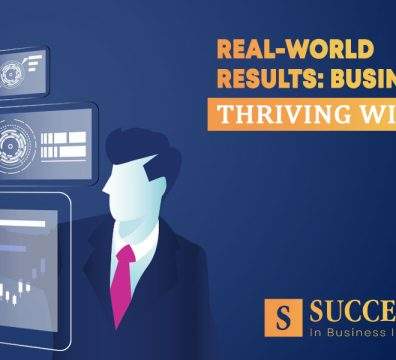“Business Planning” takes center stage in the ever-evolving world of business, where the pursuit of growth is a fundamental objective. However, the pursuit of growth is not a mere numbers game—it’s about achieving sustainable, long-term success. Welcome to an exploration of “Why Business Planning is Crucial for Achieving Sustainable Growth,” a comprehensive analysis that explores the crucial role of strategic planning in ensuring enduring prosperity for businesses.
Defining Sustainable Growth:
Sustainable growth goes beyond just financial metrics. It embodies the delicate balance between expansion and stability. It involves scaling operations without compromising product quality, customer satisfaction, or financial integrity. The pursuit of sustainable growth mandates foresight, strategic allocation of resources, and the ability to adapt to changing market dynamics. To navigate this delicate equilibrium, businesses require a roadmap—enter business planning.
The Role of Business Planning:

Business planning stands as the linchpin in the pursuit of sustainable growth. In a dynamic business environment, where change is constant, a well-crafted business plan provides the compass that steers an organization toward its objectives. It bridges the gap between the immediate operational tactics and the overarching long-term vision. A robust business plan ensures alignment among stakeholders, guiding every decision, action, and investment toward the ultimate goal of sustainable growth.
Benefits of Business Planning:
The benefits of business planning are multifaceted, profoundly impacting various facets of a business’s trajectory:
Clarity: A well-structured business plan offers clarity by delineating short-term objectives that feed into the overarching long-term vision. It keeps teams focused on the bigger picture.
Risk Mitigation: The foresight ingrained in a business plan allows for the identification of potential risks and vulnerabilities. By foreseeing challenges, businesses can create contingency plans to minimize their impact.
Resource Allocation: Precise resource allocation is pivotal for sustainable growth. A business plan guides the allocation of finances, manpower, and time, ensuring maximum efficiency and impact.

Informed Decision-Making: Data-driven decisions are the cornerstone of growth. A business plan provides the analytical framework for decision-making, enhancing the accuracy of choices.
Investor Confidence: Investors are drawn to businesses with a clear path to profitability. A well-structured business plan enhances investor confidence by demonstrating a strategic approach to sustainable growth.
Key Elements of a Business Plan:
A comprehensive business plan comprises several crucial components that collectively paint a detailed picture of the business’s journey:
Executive Summary: A succinct overview of the business’s mission, vision, and key strategies.
Market Analysis: A thorough understanding of the market landscape, including customer segments, competitors, and emerging trends.
Business Model: An explanation of how the business generates revenue and sustains growth.
Marketing and Sales Strategy: A detailed plan for reaching the target audience, acquiring customers, and maximizing sales. know about business idea
Operational Plan: Insights into the day-to-day operations, production processes, and resource management.

Financial Projections: Forecasting of revenue, expenses, and cash flow over a specified period.
Implementation Timeline: A roadmap with well-defined milestones and timelines for executing strategies.
Tips for Effective Business Planning:
Crafting an effective business plan requires a strategic approach:
Research Extensively: Thoroughly research the industry, market trends, and competitors to inform your strategies.
Set SMART Goals: Define goals that are Specific, Measurable, Achievable, Relevant, and Time-bound to ensure clarity and focus.( How to set goals )

Involve Key Stakeholders: Collaboration among team members provides diverse insights and ensures a well-rounded plan.
Be Realistic: Base your projections and goals on current resources, market conditions, and potential challenges.
Continuously Review and Revise: A business plan isn’t static; it’s a living document that should evolve with changing circumstances.
Seek Professional Help: Don’t hesitate to engage experts or consultants to create a comprehensive, well-informed plan.
Case Studies of Successful Business Planning:
Real-world examples underscore the transformative power of strategic business planning:
Startup Scaling: Consider startups that, armed with meticulous business plans, navigated growth stages seamlessly and achieved sustainable expansion.
Strategic Pivot: Established businesses that leveraged insights from their business plans to pivot their strategies and respond to changing market demands.
Investment Attraction: Illustrate how businesses with well-crafted business plans attracted investors by demonstrating a clear path to sustainable growth.
Conclusion:
The journey toward sustainable growth is marked by strategic foresight, calculated decision-making, and the ability to navigate complexities. “Why Business Planning is Crucial for Achieving Sustainable Growth” underscores that a robust business plan isn’t just a document; it’s a blueprint for success. By embracing the benefits of business planning, harnessing its key elements, and adopting effective strategies, businesses can forge a path to enduring growth that stands the test of time.

Are you ready to embrace the power of business planning in your pursuit of sustainable growth? Share your thoughts, experiences, and insights in the comments below. Let’s cultivate a dialogue that fuels the journey toward lasting prosperity!
A business plan is a comprehensive document that outlines the goals, strategies, and financial projections for a business venture, serving as a roadmap for its development and success. It provides a structured framework for decision-making and attracting potential investors or partners.





